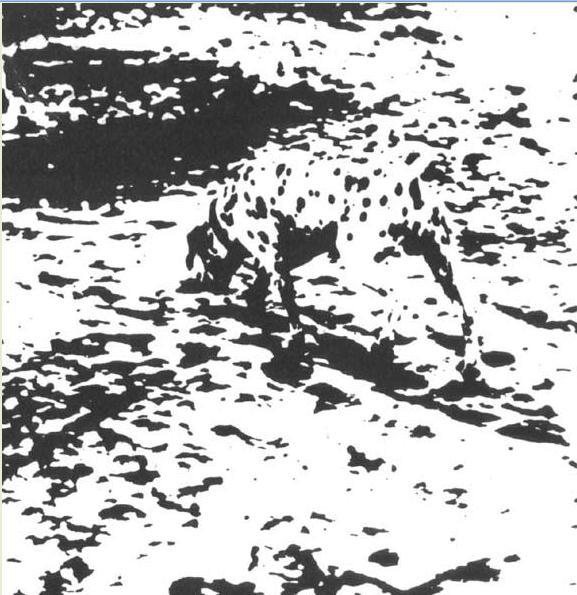Three people are looking through tiny holes in a high fence. They are all trembling.
On the other side is a grey monster.
The first person, called “My Experience”, says, ”It’s long and thick and very flexible”.
The second person, called “My Opinion”, says, “It’s quite short and thin and it has a tassle at the end”.
The third person, called “My View”, says, “It’s very big, broad and flat”.
Which one is the most credible can be judged by a fourth person called “The Expert”. The Expert has a drone with camera and can see over the fence. This person is an authority on grey monsters, but nothing else.
What The Expert says -
My Experience isn’t particularly credible because they can only see through their own hole. NO matter how many times they look through it. In itself this does not make them an expert on the monster.
My Opinion isn’t particularly credible either. What they say may be solely based on their subjective experience and/or even on their beliefs. In itself this does not make them an expert on the monster.
My View is probably the least credible. They may even be observing what they think they see, instead of what is actually there because of their beliefs and a failure perhaps to recognise their own biases. In itself this does not make them an expert on the monster.
DOES THIS MEAN THAT EXPERIENCE, OPINION AND VIEW HAVE NO VALUE?
NO IT DOESN’T - SEE BELOW
Who is The Expert?
The Expert, (in health care) has both a wide experience and comprehensive knowledge of their particular monster.
The Expert can offer “expert” Opinions or “Informed “opinions that are more credible
The Experts’ views are likely to be more objective and undistorted by personal beliefs or biases.
The underlying key to all of these is knowledge of the facts.
What is a fact?
Three people get up on a stage to give a speech, each in turn. There are 100 people in the audience
“I am the fact”, says person A. 20 people cheer, 80 people boo!
“I am the fact”, says person B. 50 people cheer, 50 people boo!
“I am the fact”, says person C. Everybody cheers!
Which of the three is the “real” fact?
In everyday life, a “fact” is something that is generally accepted to be true by most people. Unfortunately, being generally accepted isn’t a good test of truth.
For example :It’s generally accepted in the West that democracy is the best political system.
Four philosophers sat in a café
At the rear of the café are two doors, one says, “Toilets”, the other says, “Reality”.
Remy Dustcarts says, ”I’ve thought about this, therefore there is an absolute reality and there are absolute truths.
J P Sparta says “Everything is as only as it appears to be, there’s nothing behind the door, you can’t rely on anything being true.”.
Mr Plates says “We never see reality only a reflection of it, especially if you go into the toilet instead of the other door”.
Andrew Waterhole says, ”Don’t ask me now, too much cannabis!”
I’d vote for Mr Plates in the next reality election!
The closest we can get to reality is by using “models”. We do this by observing a thing (e.g. RLS) then making a model of it. This helps us to predict what might happen next. For example, what happens if we take all the iron out of this part? What happens if we put a DA in this part.?
Models are only true for as long as they enable us to predict all potential outcomes. When they fail, the model has to be changed or replaced.
Example, in the famous last words of the scientist Bob Hopppingtimer, “What does this button do?” He pressed it!
OR
Dr Johnson to his servant, “I’ve written a book. It’s called a dictionary. It contains a list of every single word there is in English”
Servant : “Well I’ll be discombobulated.”
Long silence disturbed only by the sound of distant church bells.
Eventually –
Dr Johnson, “Er, how do you spell that?”
WHAT HAS THIS TO DO WITH RLS?
If you want to know the realities of RLS, you have to read the latest models or read what the best RLS experts say.
WHAT VALUE HAS EXPERIENCE, OPINION OR VIEW?
The expression of these allows people to come together, to share their ideas, their feelings, to find common ground, to debate meanings, to support each other and engender a feeling of belonging.
In addition, if many people share them, they can challenge a model, or suggest a new model. Anecdotal evidence.
They can give insights into the "lived experience" of RLS
My Experience, My Opinion and My View meet up later in a café with the Expert’s report. A cup of (decaffeinated) coffee, no sugar, later.
OMG it’s a RLSephant!
Finally
DOG
